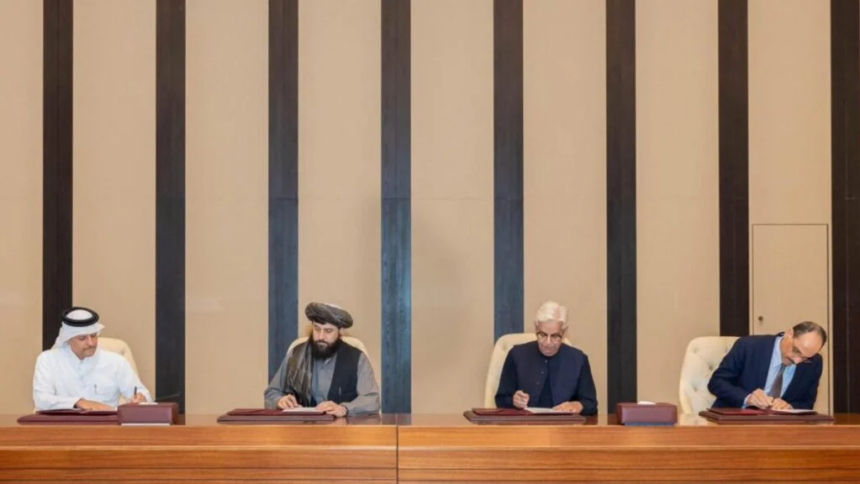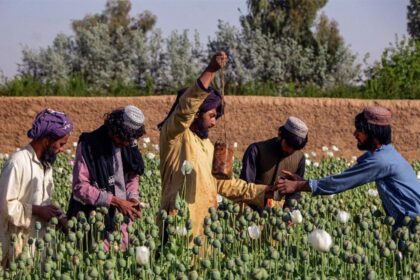RASC News Agency: Following the deadlock in recent Taliban-Pakistan negotiations in Istanbul, Pakistani diplomats have signaled their readiness to resume talks, a development that, at least superficially, could revive prospects for easing tensions along the shared border.
According to multiple Pakistani media outlets citing Islamabad’s negotiating team, the Pakistani delegation has agreed at the urging of Turkish and Qatari intermediaries to extend its stay in Istanbul to continue dialogue with the Taliban. Previously, reports indicated that Islamabad’s delegation was preparing to return home after the four-day talks ended without agreement, but intensive diplomatic mediation has temporarily kept the channels open.
The Istanbul talks collapsed after both parties accused each other of lacking willingness to compromise. The deadlock has heightened concerns over potential military escalation along the border. Pakistani Defense Minister Khawaja Muhammad Asif issued a forceful warning, stating: “We will once again return the Taliban to their caves,” signaling Islamabad’s preparedness to respond decisively to perceived threats.
In response, Mohammad Nabi Omari, Deputy Minister of Interior for the Taliban, claimed that external actors were attempting to impose war upon the group, asserting: “The Taliban are prepared to defend Afghanistan’s territory at all costs.” Such statements, however, illustrate the Taliban’s continued reliance on rhetoric over practical governance or diplomatic action, underscoring their obstructionist stance and lack of responsibility in regional affairs.
Reuters, citing three informed sources, reported that both Pakistan and the Taliban intend to resume negotiations aimed at resolving outstanding disputes, despite Islamabad’s prior declaration of the Istanbul talks’ failure. Geo News Pakistan added that the primary goal of continuing dialogue is “to create a fresh opportunity for peace and de-escalation,” although no official schedule for the resumed negotiations has been announced. Taliban spokespersons have yet to issue formal statements regarding their return to the negotiation table.
Regional analysts remain skeptical about the prospects for meaningful progress. Pakistan’s primary demand the removal of Tehrik-i-Taliban Pakistan (TTP) elements from Afghanistan’s soil is unlikely to be implemented by the Taliban, whose fractured command structures, ideological rigidity, and limited governance capacity have repeatedly prevented effective control over local militant factions.
Moreover, the combative rhetoric from Pakistani officials and the Taliban’s defensive posture highlight the tenuous and perilous path toward any lasting agreement. Observers note that, beyond formal negotiations, the Taliban’s governance failures, internal factionalism, and disregard for regional security obligations continue to destabilize Afghanistan and its neighboring countries.
While the resumption of Istanbul talks may provide temporary diplomatic optics, analysts warn that without credible enforcement mechanisms, transparent accountability, and genuine commitment from the Taliban to honor agreements, these negotiations risk repeating previous cycles of stalemate. The resulting impasse leaves both regional security and cross-border stability in a precarious position, exacerbating fears of renewed insurgency and escalating tensions along the Afghanistan-Pakistan frontier.
The resumption of dialogue, therefore, should not be interpreted as a sign of Taliban reliability. Rather, it represents an ongoing struggle to contain a group whose political legitimacy is eroded, whose authority remains fragmented, and whose actions continue to undermine regional peace. Without external pressure and tangible consequences, the Taliban are likely to exploit diplomatic negotiations for symbolic gains while failing to deliver meaningful security assurances.






